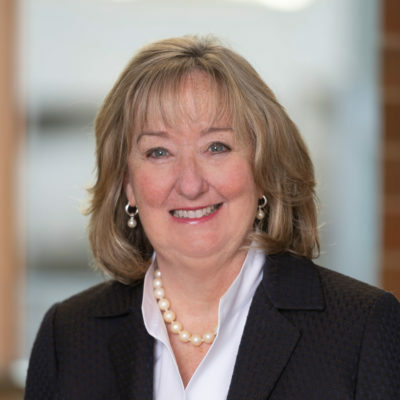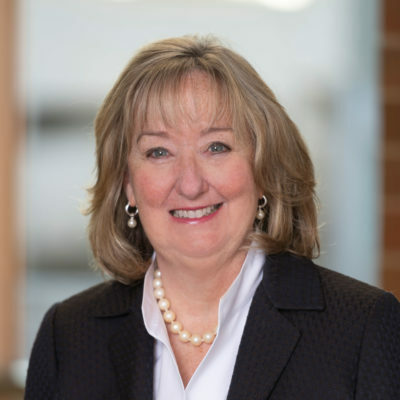
If you’re going to Washington to secure the support of elected officials, there’s strength in numbers with a single voice. That’s the strategy behind the Greater Des Moines Partnership’s annual D.C. fly-in. Throughout the three-day visit, nearly 200 local leaders meet with members of Iowa’s Congressional delegation, White House Administration and their staffs to present a unified federal agenda and advocate for key issues facing central Iowa. DMU has been part of the central Iowa delegation since 2012.
First, a bit of history: The fly-in originated in 1979 at the suggestion of then-Congressman Neil Smith, who’d seen local communities send their own delegations, each with agendas and requests but lacking a united front. If they instead worked together to define their top public policy priorities, he said, that would motivate central Iowa’s congressional leaders to pursue substantial actions that would transform our region.
It was great advice. Now in its 37th year, the Greater Des Moines Partnership’s fly-in is the nation’s second-largest. Each year, our delegation grows, and we’re known for our organized collaboration. This is important, because it WORKS, both for the University and our region. Here’s how.
DMU is part of the process
Although the trip itself is just three days, many months of pre-planning and committee work go into maximizing the experience. The University sets a formalized state and federal legislative agenda each year, taking on issues that are important to our students, alumni, faculty and health care professionals. In the past we have successfully addressed issues regarding co-pays for physical therapy, forgivable loans for our students committed to practicing in rural Iowa and funding for additional GME positions for our graduates.
The past two years, I have chaired the health care committee for the Government Policy Committee (GPC). During the 2014 trip, in which DMU President Angela Walker Franklin, Ph.D., participated, we tackled issues relating to state authorization — not only for online programs, but also for the negative impacts it has on our institution as well as our clinical rotations. This year, I had the honor of serving as co-chair of the overall Government Policy Committee and look forward to serving as GPC chair for the Partnership in 2017.
Collaboration breeds connections
The Greater Des Moines Partnership’s D.C. trip embraces a form of embedded collaboration. Having coffee with business leaders in Des Moines is valuable; spending time with them in Washington is priceless. We get to know their priorities, and vice versa. That better prepares us to plug our mission, vision and priorities into their initiatives and issues. This deeply collaborative approach also more strongly connects all our organizations.
Relationships take time
If we wait until a public policy issue becomes a pressing concern to establish a relationship with our Iowa Congressional leaders and their staffers, we will be too late. The pace of policy work is often grueling; with a relationship in place, we have the contact, respect and attention when we need it instead of trying to establish rapport during a time of crisis.
Part of the Des Moines University vision is to be a policy consultant and resource for those engaged in healthy community transformation. We work closely with groups such as the Partnership for Better Health to bring candidates and issues to our campus for students and employees to better understanding the changing impact of health care and impact it has on us. I welcome questions or concerns about public policy that’s pertinent to the DMU mission, and I welcome the opportunity to visit with the DMU community about issues important to you.

